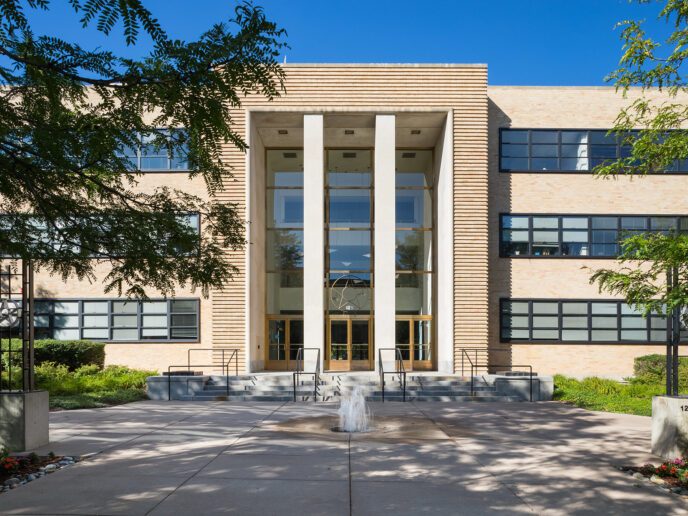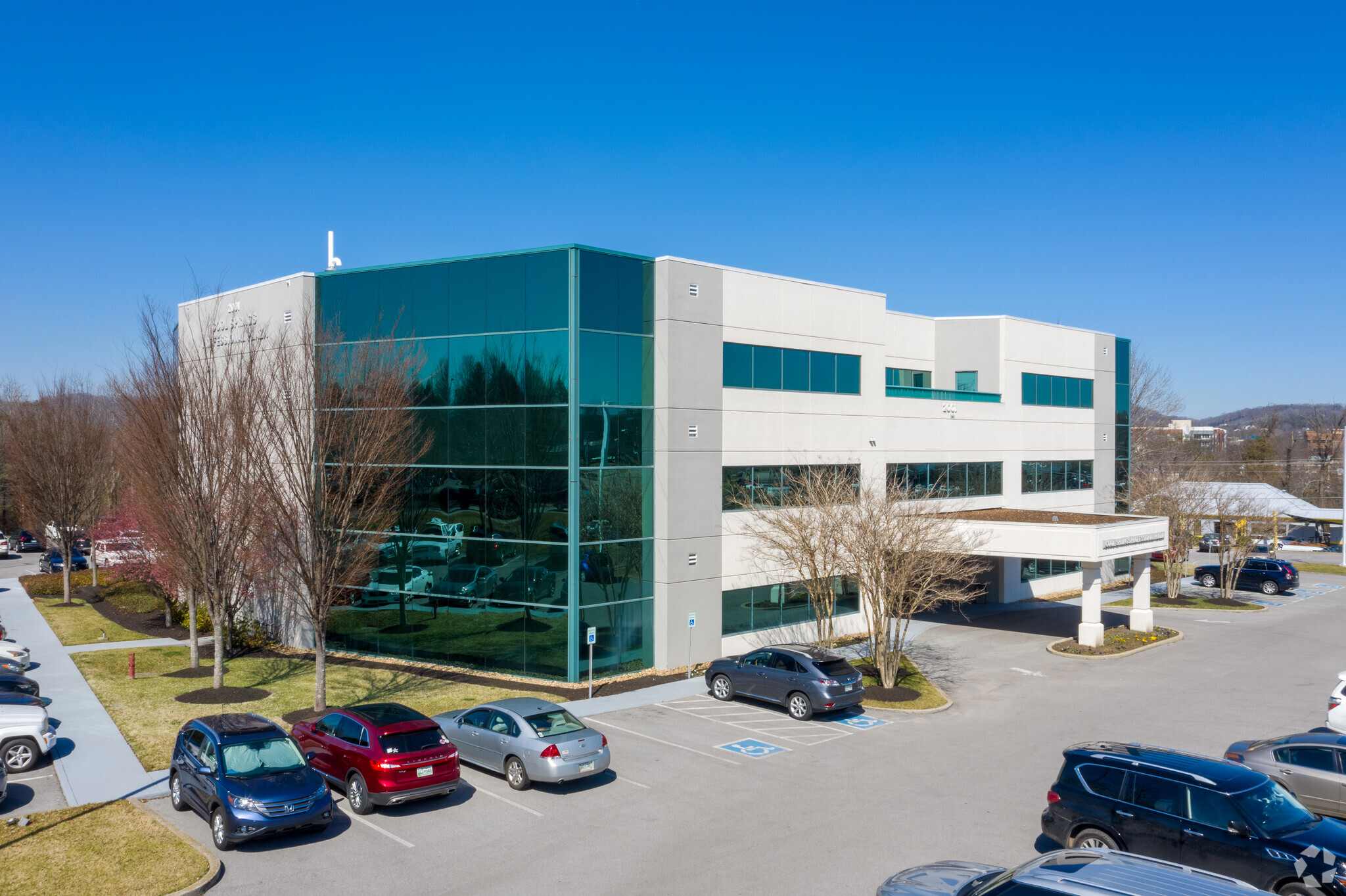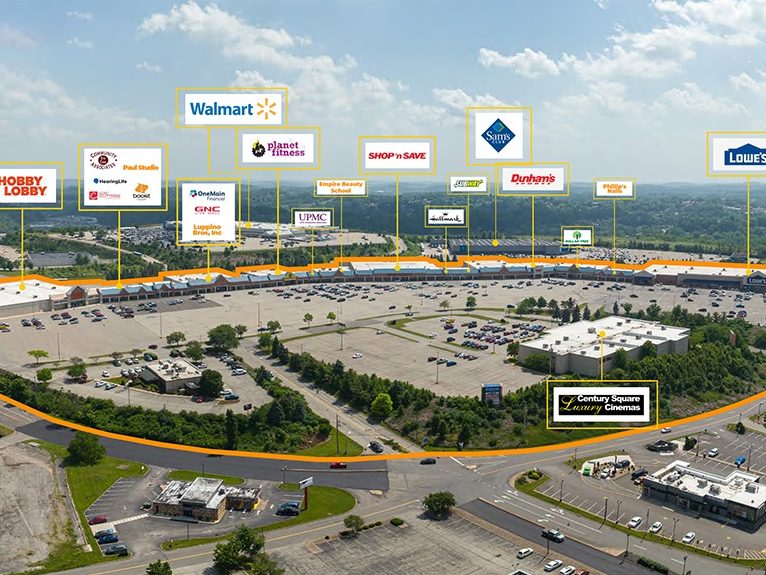The Power of Triple-Net Leases in 2018
Stable returns and long-term leases are just a few qualities of net-leased properties that will keep investor demand strong this year, notes Kennedy Wilson Senior Vice President Brent Ball.
By Brent Ball
 The beauty and essence of a triple-net (NNN) lease is the absolute (or nearly absolute) certainty of an unfettered income stream to the landlord. NNN properties provide investors with the two things they desire: 1) A stabilized income stream at a specific level that is not subject to reduction due to increases in expenses, and 2) The opportunity for appreciation in the underlying land.
The beauty and essence of a triple-net (NNN) lease is the absolute (or nearly absolute) certainty of an unfettered income stream to the landlord. NNN properties provide investors with the two things they desire: 1) A stabilized income stream at a specific level that is not subject to reduction due to increases in expenses, and 2) The opportunity for appreciation in the underlying land.
So how do the attributes of a NNN lease affect investor decisions regarding the acquisition of NNN leased assets, especially within an uncertain economic environment?
The general attitude is the market is in the later stage of the current real estate cycle, which has motivated owners to sell and take advantage of lower cap rates across all net asset property types. Higher-quality NNN asset types that seem to be insulated from the rise of e-commerce, such as banks, health care, discount retailers, convenience stores, quick-service restaurants/fast food, automotive, drug stores and grocery stores have held their capitalization value and remain a strong and attractive real estate investment option for smaller private investor portfolios and 1031-exchange investors.
Rate Reactions
The Federal Reserve has confirmed that a series of interest rate hikes are on the horizon. As the Fed rolls out its plan, interest rates may rise and cap rate increases may follow. On average, it takes between six to nine months to see interest rate hikes and cap rate adjustments come to fruition, thus enabling sellers to continue to demand lower cap rates for their NNN assets.
As current net lease sales cap rates have remained low, it is challenging for investors to find a competitive return on their investment, especially with traditional loan-to-value assumptions. Additionally, with interest rates anticipated to increase, it may be even more difficult to find attractive returns for investors in the future. That said, investors look to the stability and management free returns of the net lease sector. Aging generations, especially the baby boomers, may continue to seek out more passive investments with stabilized returns and fewer management responsibilities.
Within the restaurant and convenience store retail sectors, there are always price differences between corporate guaranteed and franchisee guaranteed net-leased properties. No matter how many stores or how financially strong the franchisee guaranteed lessee is, there is a perception that corporate guaranteed leases are a safer investment. With the NNN lease, in some cases, the tenant must report on the store performance, which provides transparency and a level of certainty to the owner that the tenant is reliable for long-term (10- to 20-year lease) occupancy. NNN lease investments provide greater opportunity to the smaller investor ($1 million to $5 million), who cannot compete financially in the retail, office or industrial sectors, which are more management intensive and costly.
In the NNN sector, demand should remain strong for higher-quality assets due to the long-term leases, and the predictable and stable income stream these assets provide, thus providing investor staying power throughout 2018.
Brent Ball is a senior vice president with the brokerage group of global real estate investment and services company Kennedy Wilson and works out of the firm’s headquarters in Beverly Hills. The foregoing is the sole opinion of Brent Ball and does not reflect the views or opinions of Kennedy Wilson.







You must be logged in to post a comment.